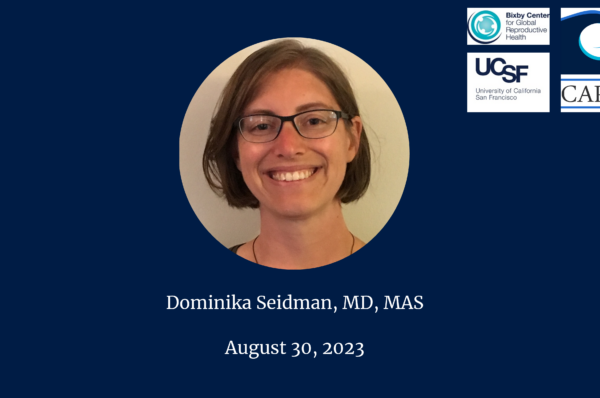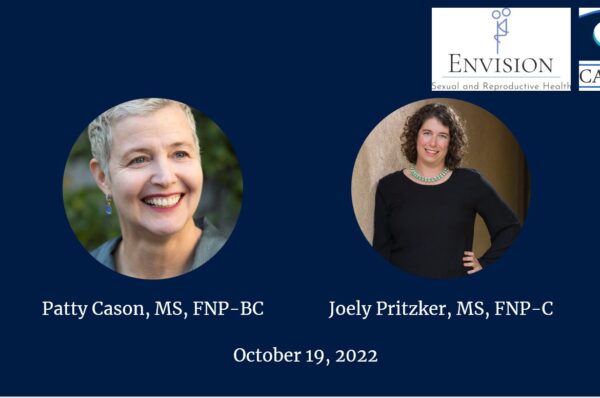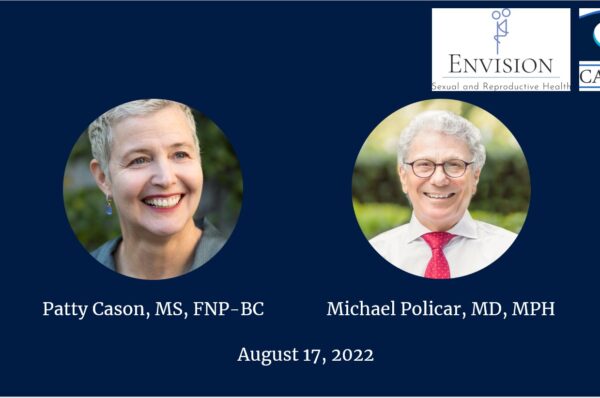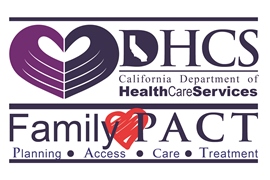Family Planning
We provide technical assistance and training to family planning providers and promote comprehensive sexual health education and services for low-income Californians.

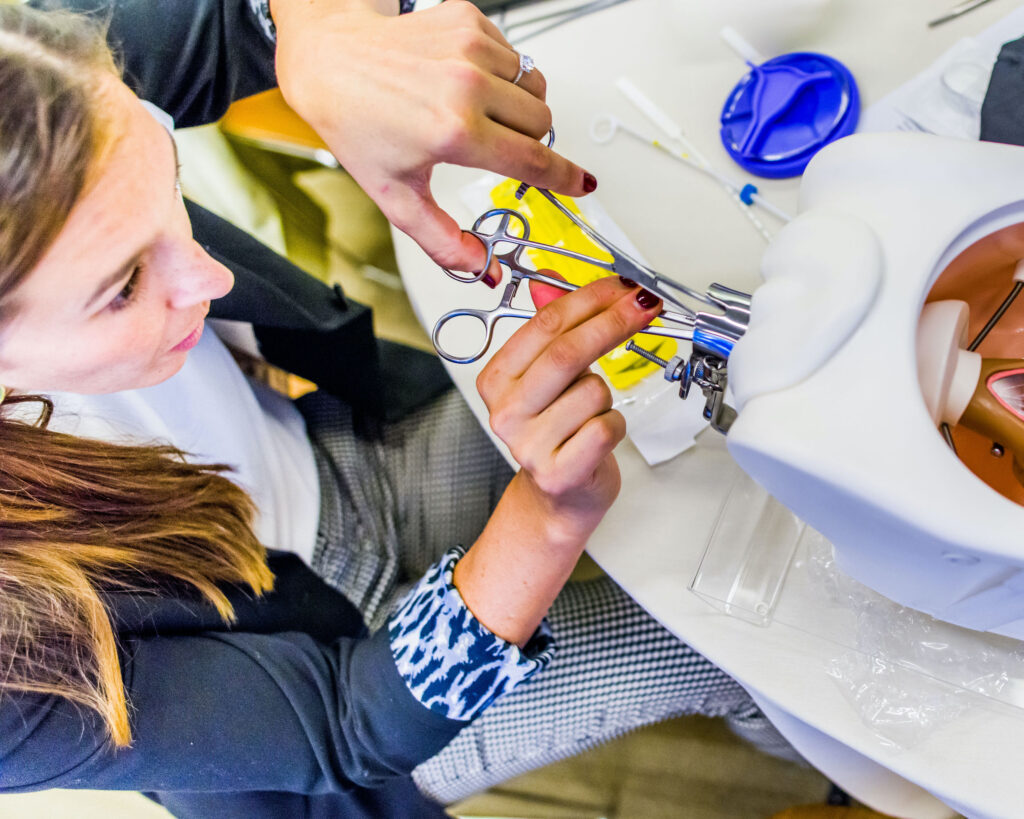
Family Planning, Access, Care, and Treatment Program (Family PACT)
CAPTC provides technical assistance and training to family planning providers in California. Our team has a key role in implementing California’s Family Planning Access Care and Treatment (Family PACT) Program. Family PACT is an innovative program that provides free, comprehensive family planning services to low-income individuals, including adolescents. Administered by the California Department of Health Care Services (DHCS) Office of Family Planning (OFP), Family PACT has been operating since 1997.
CAPTC’s health educators and communicators provide a wide array of capacity building tools and technical assistance training to FPACT providers including orientations for providers new to the program, online courses, webinars, and a robust website with resources for both providers and clients.
Explore our Work
Learning Resources
Explore these and other online learning opportunities from the rest of the CAPTC’s programs in our Online Learning database.



